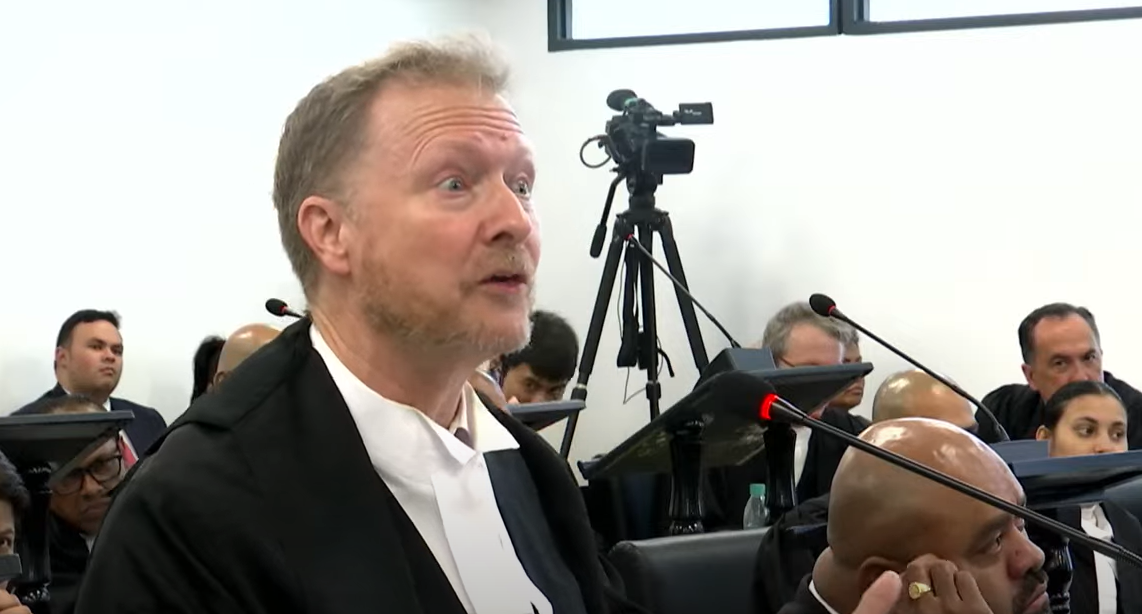Constitutional expert and amicus curiae Andrew Butler has cautioned the Supreme Court against adopting proposed interpretations of Fiji’s 2013 Constitution that would dilute the strength of its amendment provisions.
He warned that such approaches could undermine the legal and democratic integrity of the document.
Mr Butler was responding to submissions by both State Counsel and the National Federation Party (NFP) during the constitutional reference hearing.
“Adopting the approach advocated by my friends seems contrary to the way in which a court should go about constitutional interpretation,” he said.
“The State is saying, interpret the Constitution to mean a simple majority of Parliament is sufficient to amend it. But don’t worry there are other steps we might take to protect the system, steps which no court can compel or enforce.”
Turning to the NFP’s alternative proposal that the current three-quarters majority plus referendum requirement be replaced with a two-thirds majority and no referendum, Mr Butler said this would result in a weaker protection than Fiji’s previous constitutions.
“Earlier constitutions had bicameral two-thirds majorities and extra protections for specific constitutional features. What the NFP suggests is a regression.”
He also pointed out that the NFP’s position contradicts the findings of the Ghai Commission, which in 2012 recommended the establishment of a National People’s Assembly to involve citizens in the constitutional amendment process.
“The Ghai Commission made clear that not involving the people explicitly in constitutional amendment processes would not be desirable.”
He also challenged the NFP’s claim that referendums are neither part of Fiji’s constitutional tradition nor the Commonwealth norm, arguing that this position overstates the departure from regional and international democratic practices.
As the court weighs competing visions for constitutional reform and legitimacy, Butler’s submissions continue to stress the importance of preserving the rule of law, historical continuity, and genuine public involvement.
The constitutional reference hearing continues.



